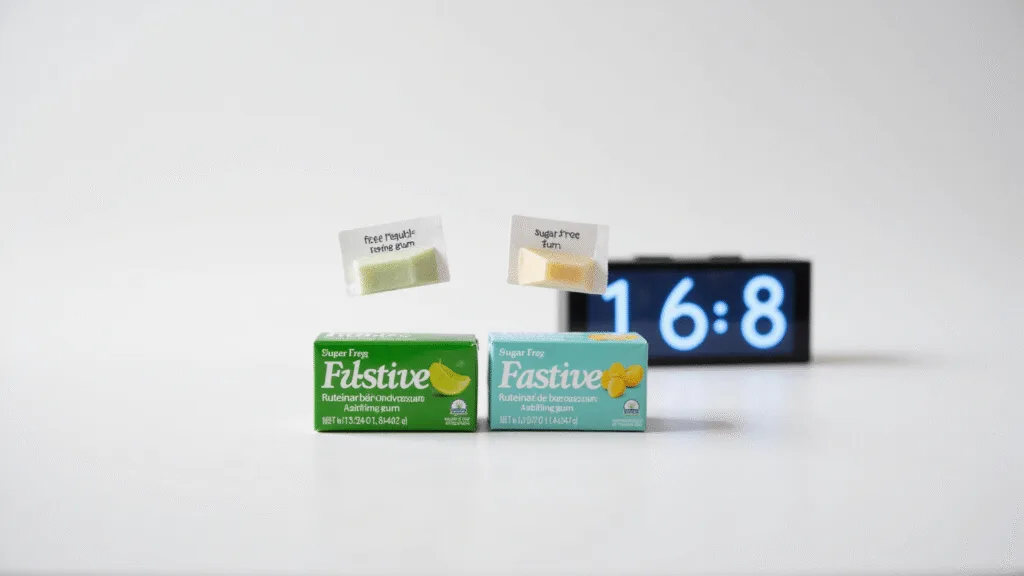Early Signs of a Heart Attack: What You Need to Know Before It’s Too Late
Chest pain isn’t the only warning your heart might be in serious trouble.
Understanding the early signs of a heart attack could literally save your life or the life of someone you love. Most people don’t realize how subtle these warning signals can be, which makes recognizing them crucial.
Why Heart Attack Symptoms Matter
Quick Facts About Heart Attacks:
- Heart attacks kill approximately 659,000 people in the US annually
- Not all heart attacks start with dramatic chest-clutching scenes from movies
- Symptoms can be different for men and women
- Early recognition can mean the difference between life and death
Recognizing the Warning Signs
Classic Symptoms Everyone Should Know
- Chest Discomfort
- Pressure, squeezing, or fullness in the chest
- Can last more than a few minutes
- Might come and go – don’t ignore intermittent pain!
- Upper Body Warning Signals
- Pain or discomfort in one or both arms
- Weird neck pain that feels different from normal muscle strain
- Unexpected pain in jaw or back
- Sudden shoulder ache that doesn’t make sense

Less Known Symptoms (Especially for Women)
- Subtle Body Signals
- Unexplained extreme fatigue
- Sudden shortness of breath
- Cold sweats
- Feeling lightheaded or dizzy
- Nausea or stomach pain that feels “off”

Risk Factors That Increase Danger
Major Red Flags:
- Family history of heart disease
- Age over 55
- High blood pressure
- Smoking
- Diabetes
- Obesity
- Sedentary lifestyle

When to Take Immediate Action
Critical Response Steps:
- Call emergency services immediately (911)
- Chew and swallow aspirin if available
- Sit or lie down to reduce heart strain
- Stay calm and wait for professional help

Prevention is Always Better Than Emergency
Simple Heart Health Strategies:
- Exercise 30 minutes daily
- Eat a balanced diet
- Manage stress
- Get regular check-ups
- Know your personal risk factors
Pro Tip: Listen to Your Body
Your body sends signals constantly.
Learning to recognize unusual sensations could save your life. Don’t brush off persistent discomfort as “just stress” or “getting older.”
Final Thoughts: Stay Informed, Stay Alive
Heart attacks don’t always look like dramatic movie scenes.
Sometimes they’re quiet, sneaky, and easy to miss. By understanding these signs, you’re giving yourself and your loved ones the best possible chance of survival.
Remember: When in doubt, check it out. No emergency room visit is ever a waste if it means protecting your heart.
Stay healthy. Stay alert.
Disclaimer: This information is educational and not a substitute for professional medical advice. Always consult healthcare professionals for personalized guidance.






